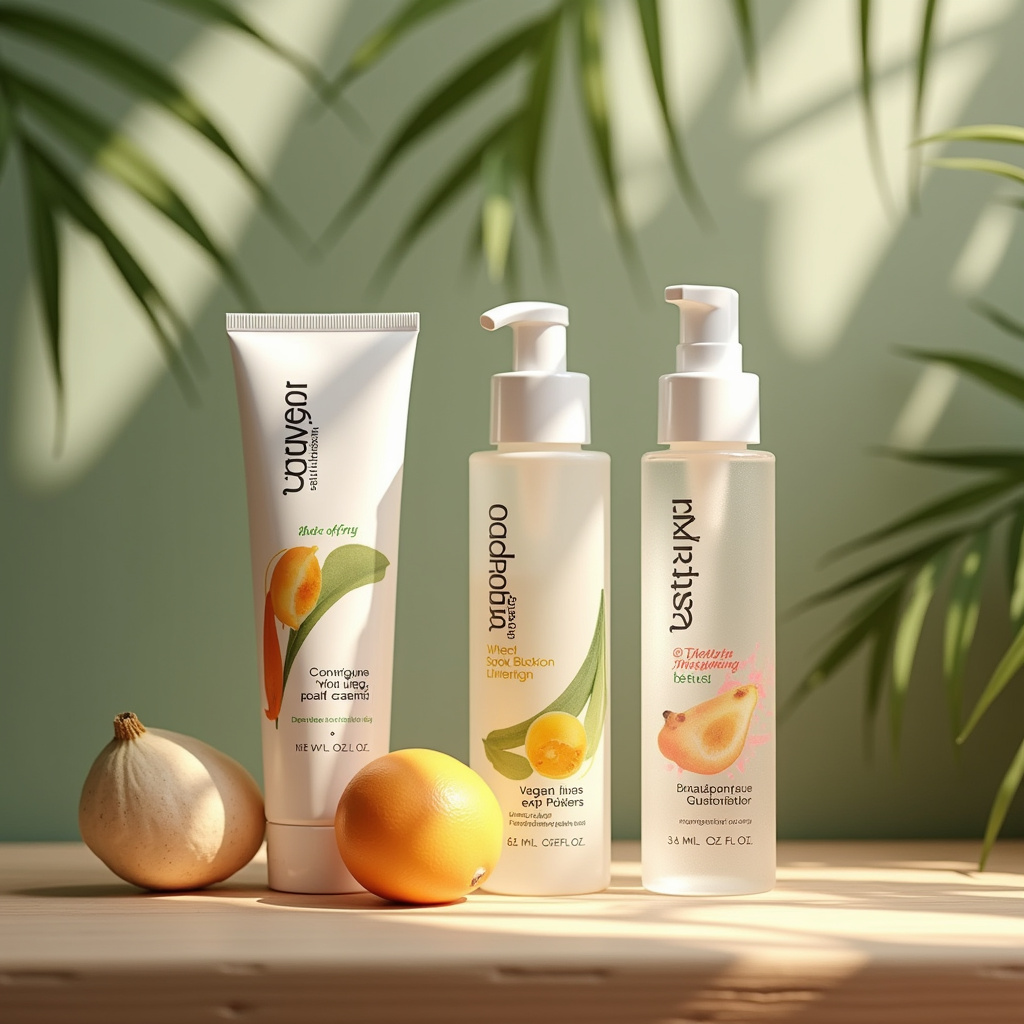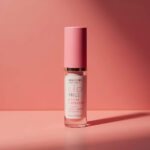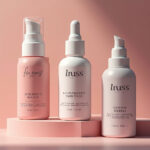Introduction
Vegan skincare has gained immense popularity in recent years, with many people seeking out products that align with their ethical beliefs and desire for natural beauty. However, with this surge in interest comes a wave of myths and misconceptions. In this article, we’ll explore some common myths surrounding vegan skincare and separate fact from fiction.
Myth 1: Vegan Skincare Products Are Always Cruelty-Free
One of the most prevalent myths is that all vegan skincare products are cruelty-free. While it’s true that vegan products do not contain animal-derived ingredients, this does not automatically mean they are not tested on animals.
- Understanding Cruelty-Free: Cruelty-free means that a product or its ingredients have not been tested on animals. Some companies may produce vegan products but still conduct animal testing, especially if they sell in regions where testing is required by law.
- Checking Certifications: Look for certifications from organizations like Leaping Bunny or PETA to ensure that the products you choose are both vegan and cruelty-free.
Myth 2: Vegan Skincare Products Are Less Effective
Another common misconception is that vegan skincare products are less effective than their non-vegan counterparts. This myth likely stems from the idea that natural ingredients cannot outperform synthetic ones.
- Effective Ingredients: Many vegan skincare brands use powerful natural ingredients such as plant extracts, oils, and vitamins that can be just as effective, if not more so, than synthetic chemicals.
- Research and Development: The vegan skincare industry is growing rapidly, with many companies investing in research to create innovative formulas that deliver real results.
Myth 3: Vegan Skincare Is Only for Certain Skin Types
Some people believe that vegan skincare products are only suitable for specific skin types, such as sensitive or dry skin. In reality, vegan skincare is diverse and can cater to various skin needs.
- Wide Range of Options: From cleansers and moisturizers to serums and masks, vegan skincare products are available for all skin types, including oily, combination, and acne-prone skin.
- Personalization: The key is to find products formulated for your specific skin concerns, regardless of their vegan status.
Myth 4: All Natural Ingredients Are Vegan
Not all natural ingredients are vegan, which is an important distinction to make when choosing products. Some natural ingredients, such as honey, beeswax, and lanolin, are derived from animals.
- Ingredient Research: Always read labels and do your research to ensure that the ingredients in your skincare products align with your vegan values.
- Common Non-Vegan Ingredients: Be aware of ingredients that may not be vegan-friendly, such as carmine (from cochineal insects) and squalene (often derived from shark liver).
Myth 5: Vegan Skincare Is Always More Expensive
While some vegan skincare brands can be pricey, not all vegan products are expensive. This myth can discourage people from trying vegan skincare.
- Budget-Friendly Options: Many affordable vegan skincare brands offer high-quality products that won’t break the bank.
- Value for Money: Often, vegan products contain concentrated natural ingredients, meaning a little goes a long way, providing better value over time.
Conclusion
As the market for vegan skincare continues to grow, it’s important to distinguish fact from fiction. By debunking these myths, we can make more informed choices about the products we use on our skin. Whether you’re a seasoned vegan or simply exploring more ethical skincare options, understanding the realities of vegan skincare can empower you to choose products that align with your values and needs.




